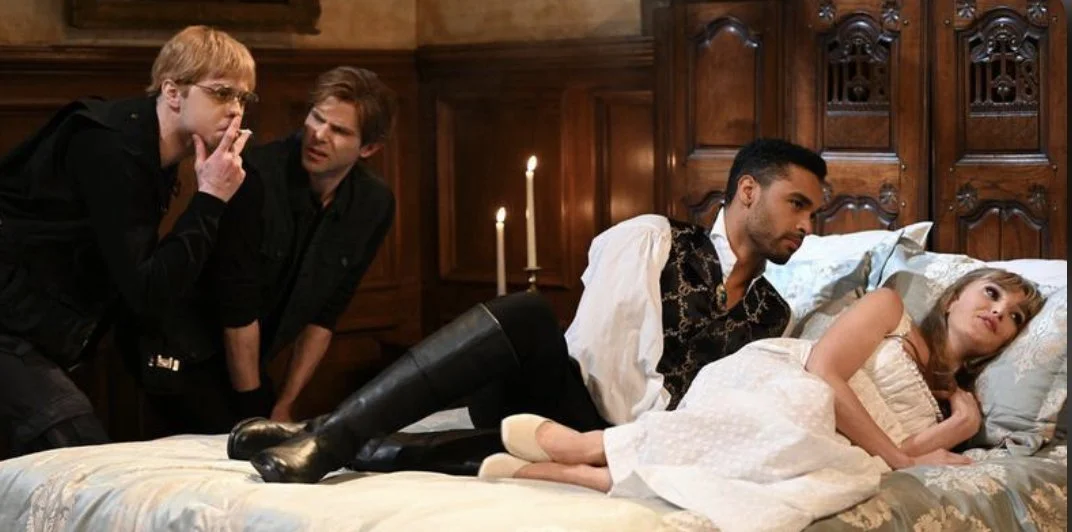The recent phenomenon of on-set “intimacy coordinators” has not been adopted by everyone. It really depends on the studio, director or producers you ask.
Honestly, if an actor or actress feels more comfortable having an IC present then so be it. However, let’s call them out for what they are: "sex watchdogs". There’s no other way to really describe them.
Intimacy Coordinators review scripts, facilitate group discussions about the sex scenes and meet individually with the actors. It’s all about clarifying the personal boundaries one may have for any given scene.
Recently, we found out Toni Collette was not a fan. Ditto Gaspar Noé who went on to bluntly state, “that doesn’t exist in France.”
This morning acclaimed filmmaker Mia Hansen-Løve was asked by The Guardian about how shooting sex scenes has changed these last few years and whether she uses intimacy coordinators. She didn’t take the bait, I love her answer:
No, I don’t. As long as I’m not forced to, I won’t use them. I don’t think I need it. I’m extremely sensitive and pay lots of attention to the respect that the actors need to have for one another. I’ve never had any kind of problem. I’ve never forced any actor to do anything. Everything is discussed and happens in a very smooth way. So for me, intimacy coordinators aren’t necessary. If I was forced to have some kind of virtue police on set, I’d rather not film those scenes. I understand why some people might feel reassured, but it’s very far from the experience of my own film sets.
Good on Hansen-Løve for speaking out and being so frank about this topic. She even calls them the “virtue police.” Love it.
It comes down to this: what’s helpful to one person might not always be helpful to another. In the post-MeToo era, the public discourse around consent has changed a lot of on-set behaviours. As Eric Kohn stated a month ago, “everyone’s so focused about what they can or can’t ask people to do that they stop asking them to do much at all.”






